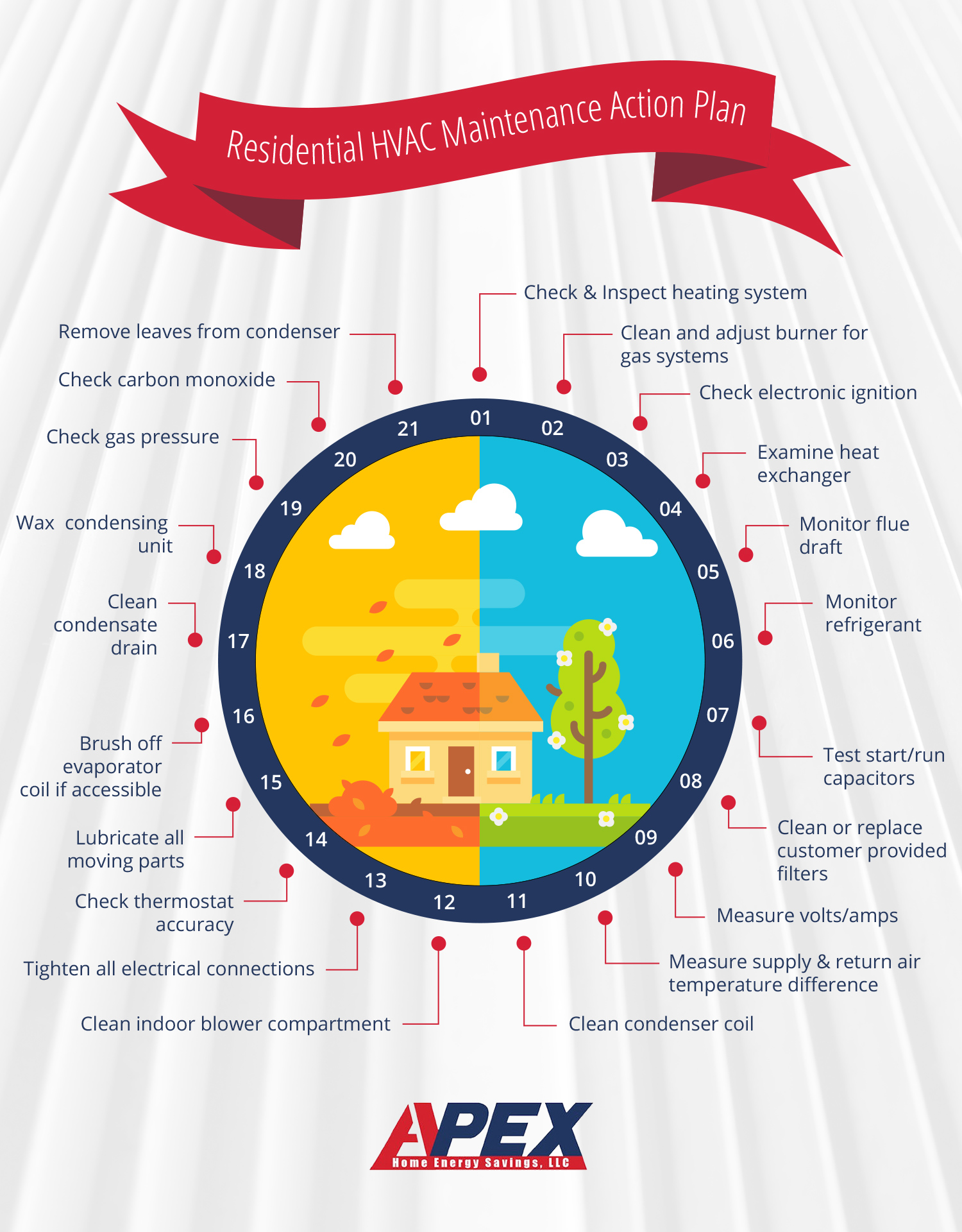The Future Of Home Heating - Exactly How Heatpump Innovation Is Progressing
The Future Of Home Heating - Exactly How Heatpump Innovation Is Progressing
Blog Article
Posted By-Dugan Dominguez
Heat pumps will be a crucial modern technology for decarbonising heating. In https://garrettbnzjt.creacionblog.com/29196250/discovering-the-environmental-benefits-of-warm-pumps-a-lasting-heating-service with federal governments' introduced power and environment commitments, their worldwide capability doubles by 2030, while their share in heating rises to one-quarter.
They function best in well-insulated homes and rely on electricity, which can be provided from a renewable power grid. you could look here are making them more efficient, smarter and more affordable.
Gas Cells
Heat pumps use a compressor, cooling agent, coils and followers to relocate the air and warmth in homes and appliances. They can be powered by solar power or power from the grid. They have been obtaining popularity as a result of their inexpensive, silent procedure and the capability to generate electricity during peak power demand.
Some firms, like IdaTech and BG MicroGen, are servicing gas cells for home heating. These microgenerators can change a gas central heating boiler and generate several of a house's electric requirements with a connection to the power grid for the remainder.
Yet there are reasons to be unconvinced of using hydrogen for home heating, Rosenow claims. It would be costly and ineffective compared to various other technologies, and it would contribute to carbon emissions.
Smart and Connected Technologies
Smart home innovation enables house owners to attach and control their tools from another location with the use of smartphone apps. For example, smart thermostats can discover your home heating choices and automatically adapt to optimize power usage. Smart lights systems can be regulated with voice commands and immediately switch off lights when you leave the space, decreasing power waste. And clever plugs can keep track of and handle your electric use, allowing you to recognize and limit energy-hungry home appliances.
The tech-savvy house depicted in Carina's interview is an excellent image of how owners reconfigure room home heating methods in the light of new smart home technologies. They depend on the devices' automatic features to execute daily adjustments and regard them as a practical means of conducting their heating techniques. As such, they see no factor to adjust their methods additionally in order to make it possible for adaptability in their home power demand, and interventions focusing on doing so may encounter resistance from these houses.
Electrical power
Because heating up homes accounts for 13% of US exhausts, a button to cleaner choices might make a huge distinction. However the modern technology faces challenges: It's expensive and needs substantial home restorations. And it's not always suitable with renewable energy sources, such as solar and wind.
Until recently, electrical heatpump were too pricey to compete with gas models in a lot of markets. Yet new advancements in layout and products are making them much more budget friendly. And much better cool environment efficiency is enabling them to function well even in subzero temperatures.
The following step in decarbonising home heating might be the use of heat networks, which draw warmth from a main source, such as a nearby river or sea inlet, and distribute it to a network of homes or structures. That would reduce carbon exhausts and permit homes to capitalize on renewable energy, such as eco-friendly power from a grid provided by renewables. This alternative would certainly be much less pricey than changing to hydrogen, a nonrenewable fuel source that calls for brand-new infrastructure and would just lower CO2 exhausts by 5 percent if coupled with improved home insulation.
Renewable Energy
As electricity prices go down, we're beginning to see the same trend in home heating that has actually driven electric autos into the mainstream-- but at an also faster pace. The solid climate instance for electrifying homes has actually been pushed better by new research.
Renewables account for a substantial share of contemporary warm consumption, however have been provided minimal policy attention worldwide contrasted to other end-use sectors-- and also much less focus than power has. In part, this reflects a mix of consumer inertia, split incentives and, in lots of countries, aids for fossil fuels.
New modern technologies could make the shift easier. For instance, heatpump can be made extra energy effective by replacing old R-22 refrigerants with new ones that do not have the high GWPs of their precursors. Some professionals likewise visualize area systems that draw warmth from a neighboring river or sea inlet, like a Norwegian arm. The cozy water can then be utilized for heating & cooling in a neighborhood.